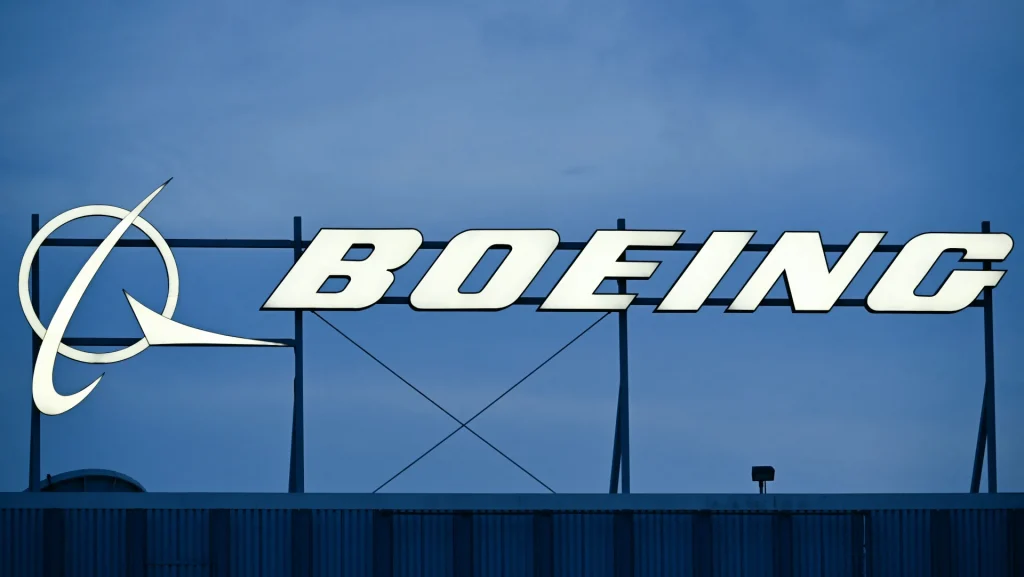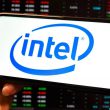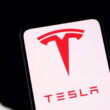US aircraft development and manufacturing company Boeing is reportedly planning to construct and sell flying cars by the year 2030. Indeed, the vehicles are set to undergo a research and development phase boosted by new office openings in Japan.
The company is reportedly seeking to capitalize on the potential need for the vehicle in densely populated areas. Subsequently, the flying car would be an answer to ongoing traffic concerns in a plethora of cities across the world, all while boasting Boeing’s impressive track record in aircraft manufacturing.
Also Read: Boeing Stocks Decline After Quality Issue Found on 737 MAX Models
Boeing Set to Produce Flying Cars by 2030
In the technology and automotive space, nothing sells quite like progress does. Indeed, the market consistently observes products and companies that are pushing the boundaries of what is capable, and ushering in new generations of products. That is so clearly seen in the rise of electric vehicles benefitting from clean energy demands from consumers.
Now, the next phase of that advancement could be set to arrive in the next six years. Indeed, United States-based aircraft manufacturer Boeing is reportedly set to produce flying cars by the year 2030. Speaking to Nikkei Asia, the company’s Chief Technology Officer, Todd Citron, confirmed the plans.

Also Read: Elon Musk Says Tesla Will Unveil Its Robotaxi In August
The company is hard at work crafting an electrical vertical take-off and landing aircraft (eVTOL) that would be instituted in the product. Moreover, it will reportedly adopt autonomous technology for the planned project.
Boeing is first seeking certification in the United States before then enacting and expanding into Asia. Additionally, Citron noted that the company may seek partnerships with fuel cells and electric vehicle automakers. Conversely, the company has not yet revealed its rollout plans for the product, only the planned timeline for its launch.





